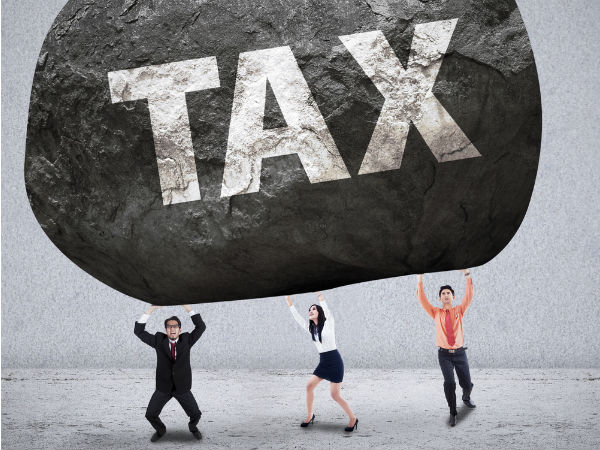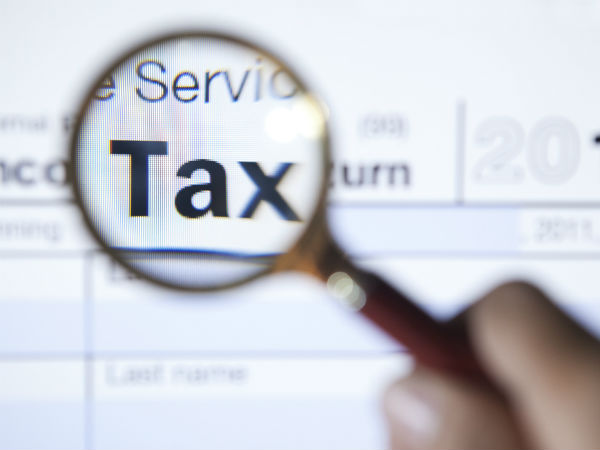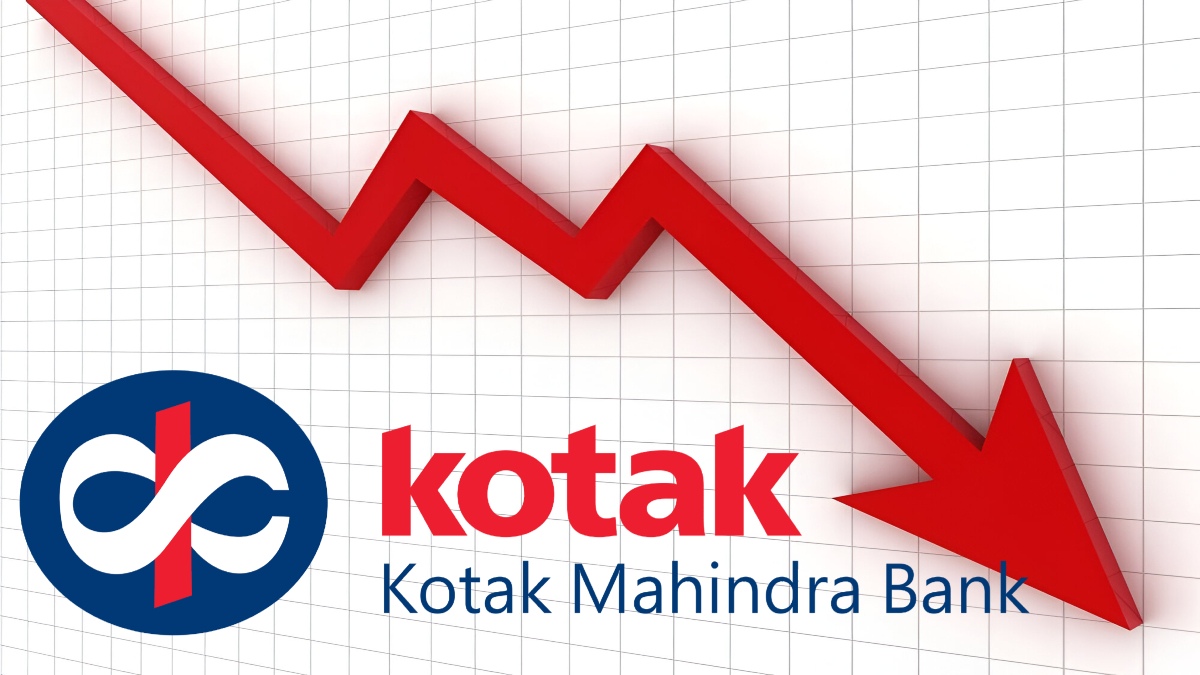Exhausted Section 80C? Here Are 5 Other Ways To Save More Taxes
When it comes to tax savings, most individuals think of Section 80C while overlooking several other valuable exemptions. Under Section 80D, a taxpayer can lower their overall taxable income by a maximum of Rs 1.5 lakh per year. Individuals and HUFs are the only ones who can profit from this deduction.There are various tax-saving investments that you may take advantage of. However, because the highest limit is Rs 1.5 lakh each fiscal year, most taxpayers have reached this limit and wish to reduce their taxes.
Here are 5 other tax saver sections other than Section 80C to help you save some additional tax:

NPS Account - 80CCD(1B)
You can save taxes under Section 80CCD(IB) if you are or want to open an account in NPS or National Pension System. This is another tax saver section that allows deductions up to Rs 1.5 lakh per year by investing in the Scheme. NPS is a social security scheme by the central government open to all private and government employees, except for the armed forces.
Taxpayers who are either employed or self-employed are eligible for an additional deduction of up to Rs 50,000. Despite the fact that the same amount cannot be claimed under both sections, the deduction under Section 80CCD(1B) is in addition to the deduction available under Section 80CCD(1), i.e. Section 80C.

Health insurance premium - Section 80D
Everyone in the family needs health insurance, whether it's through an individual plan or a Family Floater. The government incentivizes individuals to get health insurance by offering tax breaks. The premium that you pay even for parents qualifies for the deduction.
Under Section 80D of the Indian Income Tax Act, it allows tax deduction from the total taxable income for the premiums payment of health insurance along with expenses transacted for health care. Under this section, you are allowed to claim a tax deduction of up to Rs 25,000 per financial year for you, your spouse and your dependent children. The medical insurance premium paid for parents qualifies for an additional deduction of Rs 25,000 if they are senior citizens. The deduction can be claimed up to Rs 1 lakh if both the individual taxpayer and the parent are above 60 years old.

Paying Rent - Section 80GG
Salaried employees living in rented accommodation are eligible to lower their taxes to some extent with the help of the House Rent Allowance (HRA) provided by their employers. Section 80GG provides tax benefits to self-employed and salaried persons who do not receive HRA as part of their salary but live on rent.
These taxpayer individuals can claim a tax deduction on the rent they pay for their accommodation. The salary component received as HRA is deducted from the taxable salary income under the income tax Act. HRA, on the other hand, is completely taxed if the employee does not live in a rental home.

Education loan repayment - Section 80E
Taking out an education loan to fund higher education is rather usual these days. When used for higher education, the tax advantage on interest paid on an educational loan qualifies for an income tax deduction. Students who have taken out college loans are eligible for a tax break on the interest portion of the loan under section 80E. This benefit is available to either the parent or the kid (student), depending on who is responsible for repaying the education loan. This can only be obtained by borrowing money from institutions rather than from friends, family, or relatives.

Home loan interest payment - Section 24
The principal part of an in-home loan EMI repaid during the year is deductible up to Rs 1.5 lakh under section 80C, while the interest paid is deductible up to Rs 2 lakh under section 24. Taxpayers with home loans can claim tax deduction under section 24 on the interest portion of their home loan. The tax benefit is only accessible if the residence is occupied within 5 years after the loan's closing date.































